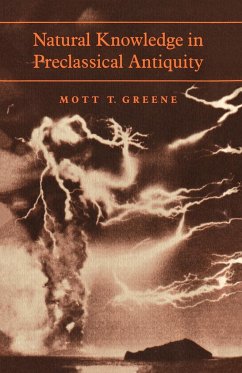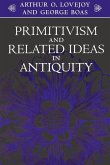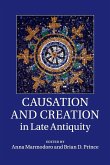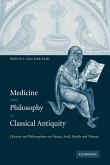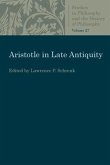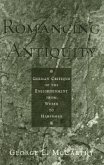In describing the origins of modern "science", historians often fail to appreciate or misread how the ancients understood and used significant expressions of "natural knowledge". Few read the story of the cyclops, for example, as useful advice about where to travel and settle -- and where not to. Others search for "lost Egyptian wisdom" rather than see how the great pyramids of the Old Kingdom could be built with the simple tools and cumbersome mathematics of the time. Mott T. Greene reexamines the remnants of ancient life using conceptual tools seldom brought to bear on such material. The result is a fresh appraisal of what the evidence will yield about natural phenomena and modes of thought in the distant past. Greene builds on the work of modern scholars but contributes scientific precision and tenacity to debates in areas as diverse as archaeology, early art history, Egyptian fractions, Indo-Iranian religion, classical Greek verse, and Plato's "problem of knowledge".

